Home>Garden Essentials>How Long For Carrots To Grow From Seed
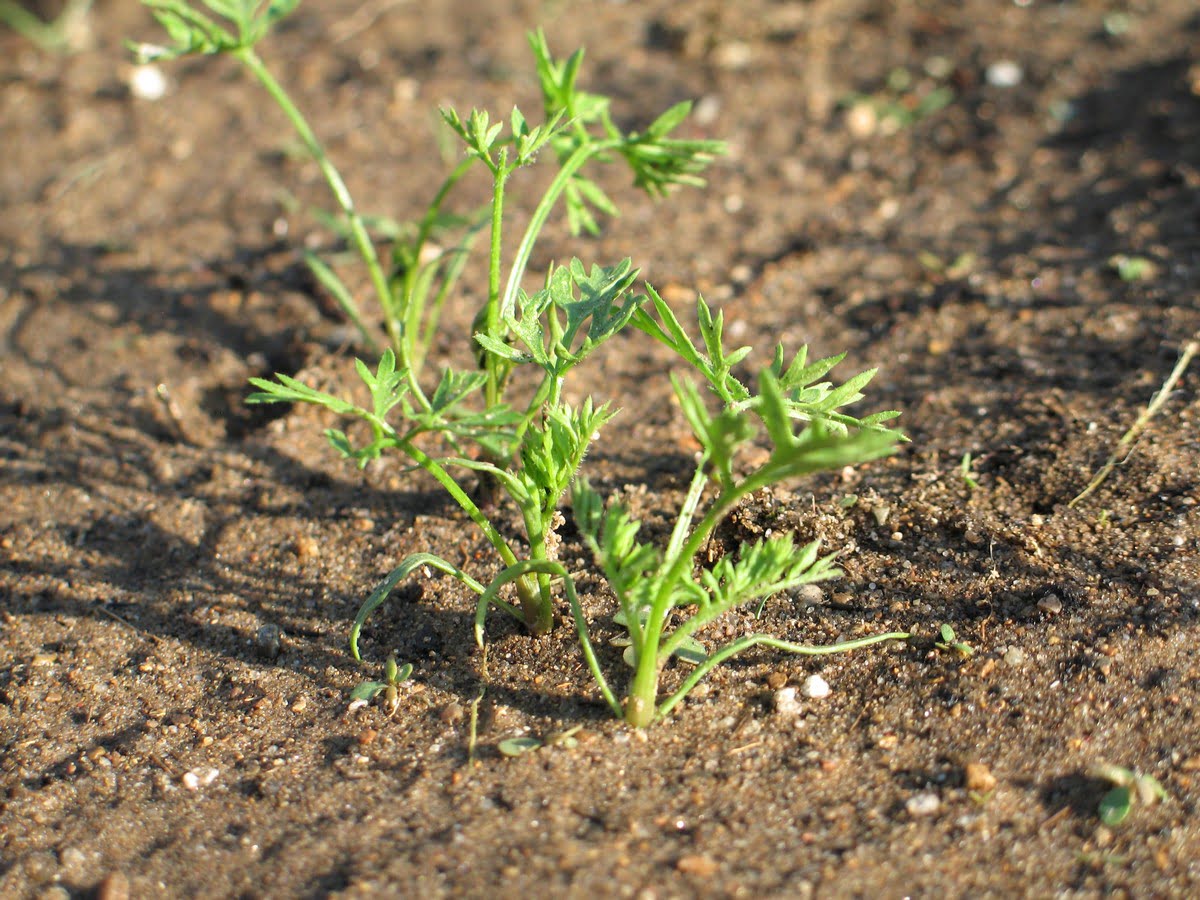

Garden Essentials
How Long For Carrots To Grow From Seed
Modified: April 29, 2024
Learn how long it takes for carrots to grow from seed in your garden and discover essential tips for a successful carrot harvest.
(Many of the links in this article redirect to a specific reviewed product. Your purchase of these products through affiliate links helps to generate commission for Storables.com, at no extra cost. Learn more)
Introduction
Carrots are a versatile and nutritious vegetable that many people enjoy growing in their gardens. Whether you are a seasoned gardener or just starting out, understanding the timeline for carrot seed germination is essential for successful cultivation.
Carrots are biennial plants, meaning they usually complete their life cycle in two years. However, for culinary purposes, we primarily focus on growing carrots as annual plants. To grow carrots from seed, we need to understand the factors that affect their germination, the optimal growing conditions, and how long it takes for the seeds to sprout.
Join us as we dive into the world of carrot seed germination and explore the timeline from sowing to harvesting these delicious root vegetables.
Key Takeaways:
- Patience is key when growing carrots from seed. Factors like soil temperature, moisture, and seed quality affect germination. Pre-soaking seeds and providing optimal conditions can speed up the process.
- Harvesting carrots is a rewarding experience. Wait for the right size, gently pull them from loosened soil, and store in a cool, dark place for the best flavor.
Factors Affecting Carrot Seed Germination
Several factors play a crucial role in the germination of carrot seeds. Understanding these factors can help ensure successful seed germination and higher chances of healthy plant growth.
- Soil Temperature: Carrot seeds require specific soil temperatures to germinate. The ideal soil temperature range for carrot seed germination is between 50°F (10°C) and 85°F (29°C). Cooler temperatures can result in slow or uneven germination, while excessively high temperatures can hinder germination altogether.
- Moisture: Adequate moisture in the soil is essential for carrot seed germination. The seeds need consistent moisture to break dormancy and initiate the germination process. Dry soil conditions can prevent proper germination, while soggy or waterlogged soil can lead to rot and seedling loss.
- Seed Depth: Carrot seeds are small and should be sown at the appropriate depth. If they are planted too deep, the seeds may struggle to reach the soil surface. On the other hand, if they are sown too shallow, they may not have enough soil contact for proper germination.
- Seed Quality: The quality and viability of the carrot seeds also affect germination. Using fresh and high-quality seeds increases the chances of successful germination. It is advisable to purchase seeds from reputable seed suppliers to ensure the best results.
- Weed Competition: Carrot seeds require a weed-free environment to germinate and grow. Weed competition can hamper seedling development and limit the availability of nutrients and water. It is important to keep the garden bed free from weeds to promote optimal carrot seed germination.
By taking these factors into consideration, you can create favorable conditions for carrot seed germination and increase your chances of a successful harvest.
Sowing Carrot Seeds
When it comes to sowing carrot seeds, timing is everything. Carrots are a cool-season crop and prefer to be grown in the spring or fall when temperatures are mild. Below, we outline the steps to successfully sow carrot seeds:
- Selecting the Right Location: Choose a sunny area in your garden with well-draining soil. Carrots thrive in loose, sandy loam soil that is free from rocks and debris. If your soil is heavy clay, consider amending it with organic matter to improve drainage.
- Preparing the Soil: Before sowing carrot seeds, prepare the soil by removing any weeds, stones, or debris. Loosen the soil to a depth of at least 8 inches (20 cm) to ensure proper root growth.
- Sowing the Seeds: Carrot seeds are small and delicate, so it’s important to handle them with care. Broadcast the seeds evenly over the prepared soil. Aim for a spacing of about 2 inches (5 cm) between each seed. Don’t worry about planting them too deeply; a light covering of soil (about ¼ inch or 0.6 cm) is sufficient.
- Watering: After sowing the seeds, gently water the soil to ensure good seed-to-soil contact. Use a fine mist or a gentle watering can to avoid disrupting the seeds or washing them away. Keep the soil evenly moist throughout the germination period.
- Thinning: Once the carrot seedlings have emerged, thin them out to a spacing of about 2 to 3 inches (5 to 7.5 cm) between each plant. Thinning helps prevent overcrowding and allows room for the carrots to develop properly.
- Protecting from Pests: Carrot fly is a common pest that can damage carrot plants. To protect your crop, you can cover the seedbed with a fine mesh or use floating row covers to prevent the flies from laying eggs.
By following these steps, you will give your carrot seeds the best chance of successful germination and healthy growth. Remember to be patient, as carrot seeds can take some time to sprout. With proper care and attention, you will soon be rewarded with a bountiful harvest of delicious carrots.
Required Growing Conditions
Carrots are relatively easy to grow, but they do have specific requirements to thrive. By providing the right growing conditions, you can ensure healthy plant development and a successful carrot harvest. Here are the key growing conditions for carrots:
- Sunlight: Carrots need at least six to eight hours of direct sunlight per day. Choose a sunny spot in your garden that receives ample sunlight to promote optimum growth and root development.
- Soil: Carrots prefer loose, well-draining soil. Heavy clay soil can cause the roots to become stunted or misshapen. If your soil is heavy, you can improve its drainage by adding organic matter such as compost or well-rotted manure.
- pH Level: The ideal pH range for growing carrots is between 6.0 and 6.8. Slightly acidic to neutral soil pH promotes nutrient availability and ensures healthy plant growth. A soil test can help determine the pH of your soil and whether any amendments are needed.
- Fertility: Carrots are moderate feeders and require adequate nutrients to grow. Before planting carrot seeds, enrich the soil with organic matter, such as compost or aged manure, to provide essential nutrients and improve soil fertility.
- Watering: Consistent moisture is crucial for carrot growth. Keep the soil evenly moist, but not waterlogged, throughout the growing season. Avoid letting the soil dry out completely, as this can lead to stunted or misshapen carrots.
- Weed Control: Weeds compete with carrots for nutrients and water. Regularly remove weeds from the garden bed to reduce competition and provide the carrots with the best growing environment.
- Temperature: Carrots are cool-season crops and prefer temperatures between 60°F (15°C) and 75°F (24°C). They can tolerate light frosts but may struggle in extreme heat or freezing conditions. Start planting carrots in early spring or late summer for optimal growth.
By providing these essential growing conditions, you can ensure that your carrot plants have the best chance of thriving. Pay attention to the needs of your carrots throughout the growing season, and make any necessary adjustments to create a favorable environment for their growth.
Carrots take about 70-80 days to grow from seed to harvest. Make sure to plant them in loose, well-drained soil and keep them consistently watered for best results.
Time Frame for Carrot Seed Germination
Carrot seed germination can vary depending on the specific variety, growing conditions, and other factors. On average, carrot seeds take about 14 to 21 days to germinate, but it can sometimes take up to 30 days for the first signs of sprouting.
Several factors influence the germination time frame, including soil temperature, moisture levels, and seed quality. Carrots prefer soil temperatures between 50°F (10°C) and 85°F (29°C) for optimal germination. Cooler temperatures may result in slower germination, while higher temperatures can inhibit germination altogether.
Consistent soil moisture is crucial during the germination period. The soil should be kept evenly moist, but not waterlogged, to provide the seeds with the necessary conditions to break dormancy and sprout. Dry soil can delay germination, while excessively wet conditions can lead to rot and seedling loss.
It is important to note that carrot seeds have a somewhat irregular germination pattern. Not all seeds will sprout at the same time, and some seeds may take longer than others. This uneven germination is normal, so be patient and avoid disturbing the soil or assuming that the seeds have not germinated.
To improve germination rates and speed up the process, you can pre-soak carrot seeds in water for a few hours before planting. This can help soften the seed coat and encourage faster germination. Another technique is to cover the seeded area with a thin layer of compost or vermiculite, which helps retain moisture and create a conducive environment for germination.
Once the carrot seeds have germinated, you will start to see small, delicate seedlings emerging from the soil. These seedlings will slowly grow into mature carrot plants over time.
Remember to be patient and maintain a consistent and favorable growing environment for your carrot seeds. With proper care and attention, you will witness the exciting transformation from seed to sprout and eventually enjoy a bountiful harvest of homegrown carrots.
Optimal Growth Period for Carrots
Carrots have a relatively long growing season compared to some other vegetables. On average, it takes about 70 to 80 days for carrots to reach maturity after germination. However, this can vary depending on the specific variety and growing conditions.
The optimal growth period for carrots encompasses several stages of development, with each phase playing a critical role in producing healthy and flavorful roots.
Seedling Stage: After germination, carrot seedlings will emerge from the soil within a couple of weeks. During this stage, it is crucial to provide adequate moisture and sunlight for optimal growth. Thin out the seedlings to ensure proper spacing, allowing each carrot plant enough room to develop.
Vegetative Growth Stage: As the carrot plants continue to grow, they will begin to produce foliage, forming a bushy green top. This stage typically lasts for around 4 to 6 weeks. It is essential to maintain consistent moisture levels to promote healthy leaf development and root growth.
Root Enlargement Stage: Around 6 to 10 weeks after planting, the carrot roots will start to enlarge. During this stage, the majority of the plant’s energy is directed towards root development. The carrots will continue to grow in size and gain their characteristic shape.
Maturity Stage: Once the carrots reach their desired size and shape, they are ready for harvest. This stage usually occurs between 70 to 80 days after germination, but it can vary depending on the variety. Carrots are typically harvested when they are 1/2 to 1 inch (1.3 to 2.5 cm) in diameter.
It is essential to monitor the growth of your carrot plants throughout the growing season. Regularly check the soil moisture levels and make any necessary adjustments to ensure consistent moisture without waterlogging the plants. Proper weed control and adequate fertility can also contribute to optimal growth and yield.
Keep in mind that environmental factors such as temperature, sunlight, and soil conditions can influence the growth rate of carrots. Cooler temperatures and longer daylight hours in the spring and fall may result in slower growth, while warmer temperatures in the summer can accelerate growth.
By understanding the various growth stages of carrots and providing the ideal growing conditions, you can optimize the growth period and harvest flavorful and healthy carrots from your garden.
Harvesting Carrots
Harvesting carrots is an exciting reward for your hard work and patience throughout the growing season. As the carrots reach maturity, it’s essential to know the right time to harvest them to ensure optimal flavor and texture. Here are some tips for harvesting carrots:
- Maturity: Carrots are ready for harvest when they have reached the desired size and shape specified for the variety you are growing. Typically, this occurs around 70 to 80 days after germination, but it may vary depending on the variety. Carrots should be around 1/2 to 1 inch (1.3 to 2.5 cm) in diameter.
- Loosening the Soil: Before harvesting, gently loosen the soil around the base of the carrot plants using a garden fork or shovel. This loosening will help facilitate the removal of carrots without damaging the roots.
- Pulling Technique: To harvest carrots, grasp the foliage at the top of the carrot and firmly but gently pull it upwards while wiggling it slightly. This technique helps loosen the carrot from the soil and allows you to lift it out intact. Avoid pulling too harshly, as this may break the carrot or cause it to separate from the foliage.
- Trimming: Once you have harvested the carrots, remove the foliage from the top of the carrots. Leave a small portion of the foliage intact, about 1/2 inch (1.3 cm) above the carrot crown, to help prolong the shelf life of the harvested carrots.
- Storage: After harvesting, remove any excess dirt from the carrots, but avoid washing them until you are ready to use them. Store carrots in a cool, dark, and humid environment, such as a root cellar or a plastic bag in the vegetable crisper of your refrigerator. Proper storage can help maintain their freshness and extend their shelf life.
It’s important to note that freshly harvested carrots taste exceptionally delicious. The sugars in the carrots develop and intensify during the ripening process, providing a sweeter and more flavorful eating experience.
Remember to harvest carrots before their quality declines. Over time, the carrots may become woody or develop an unpleasant taste. Regularly check on your carrot crop and harvest them as needed to enjoy the best flavor and quality.
Harvesting carrots is a satisfying experience that allows you to enjoy the fruits of your labor. By following these guidelines, you can ensure a successful carrot harvest and savor the sweet, crunchy goodness of homegrown carrots.
Frequently Asked Questions about How Long For Carrots To Grow From Seed
Was this page helpful?
At Storables.com, we guarantee accurate and reliable information. Our content, validated by Expert Board Contributors, is crafted following stringent Editorial Policies. We're committed to providing you with well-researched, expert-backed insights for all your informational needs.
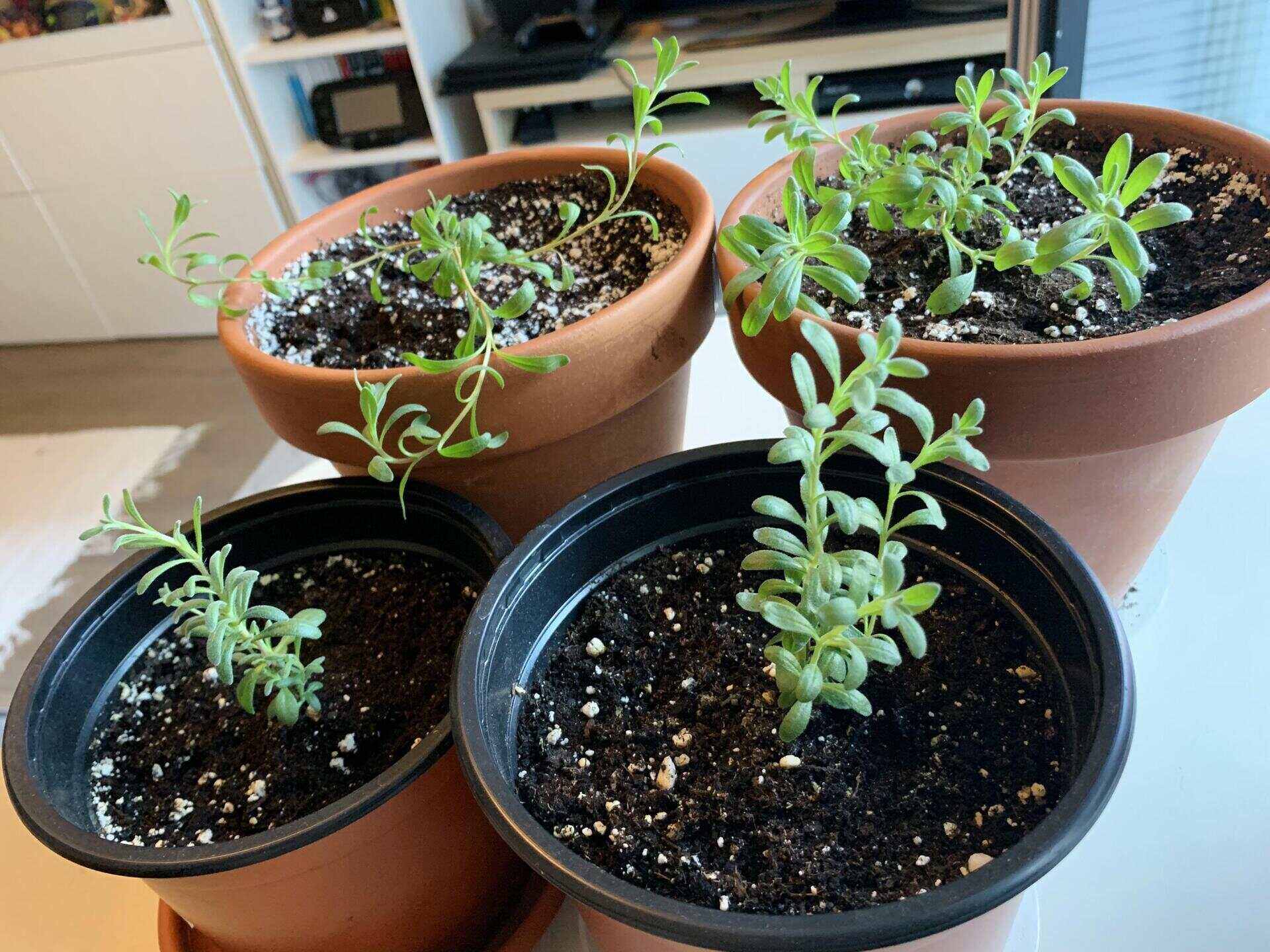
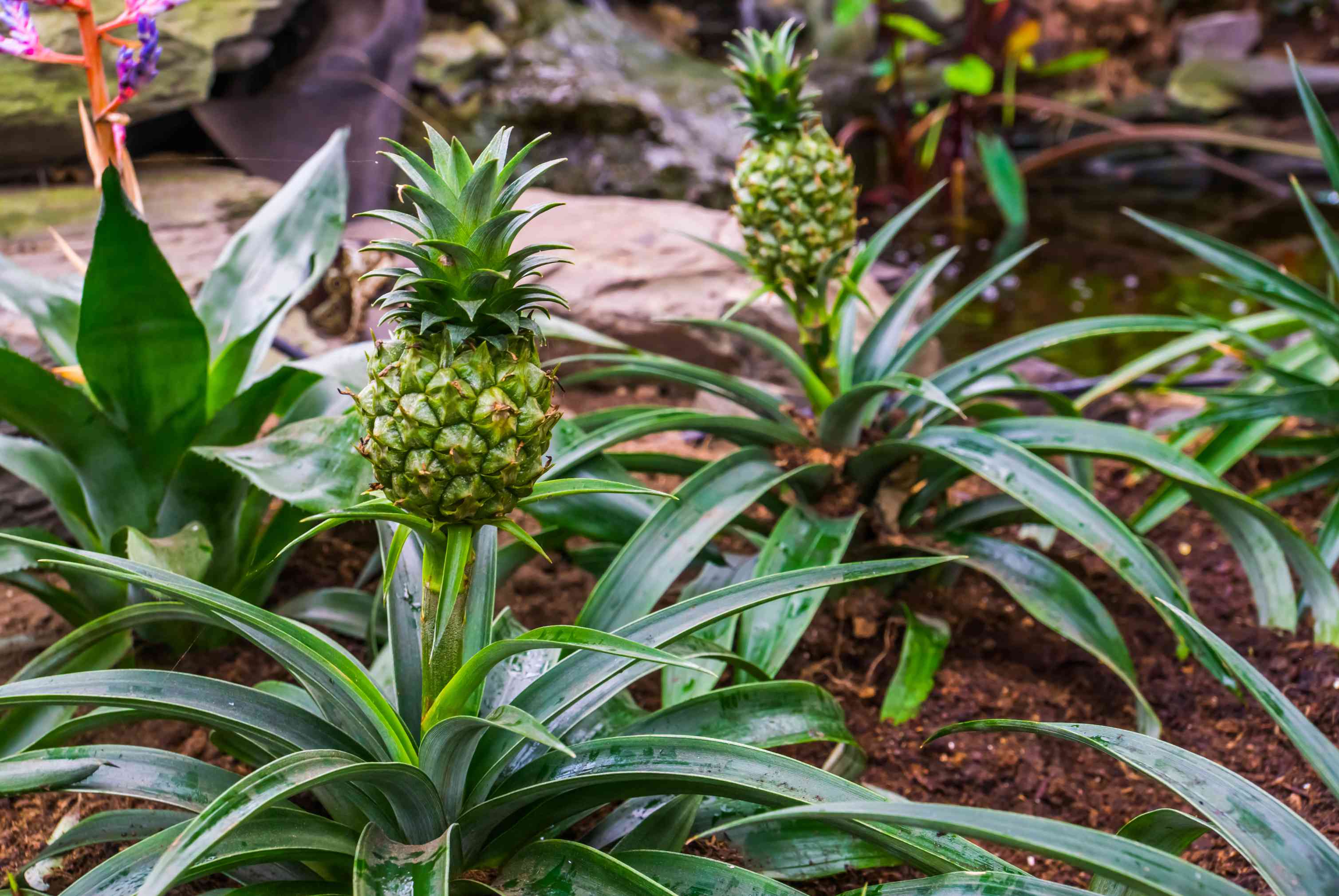
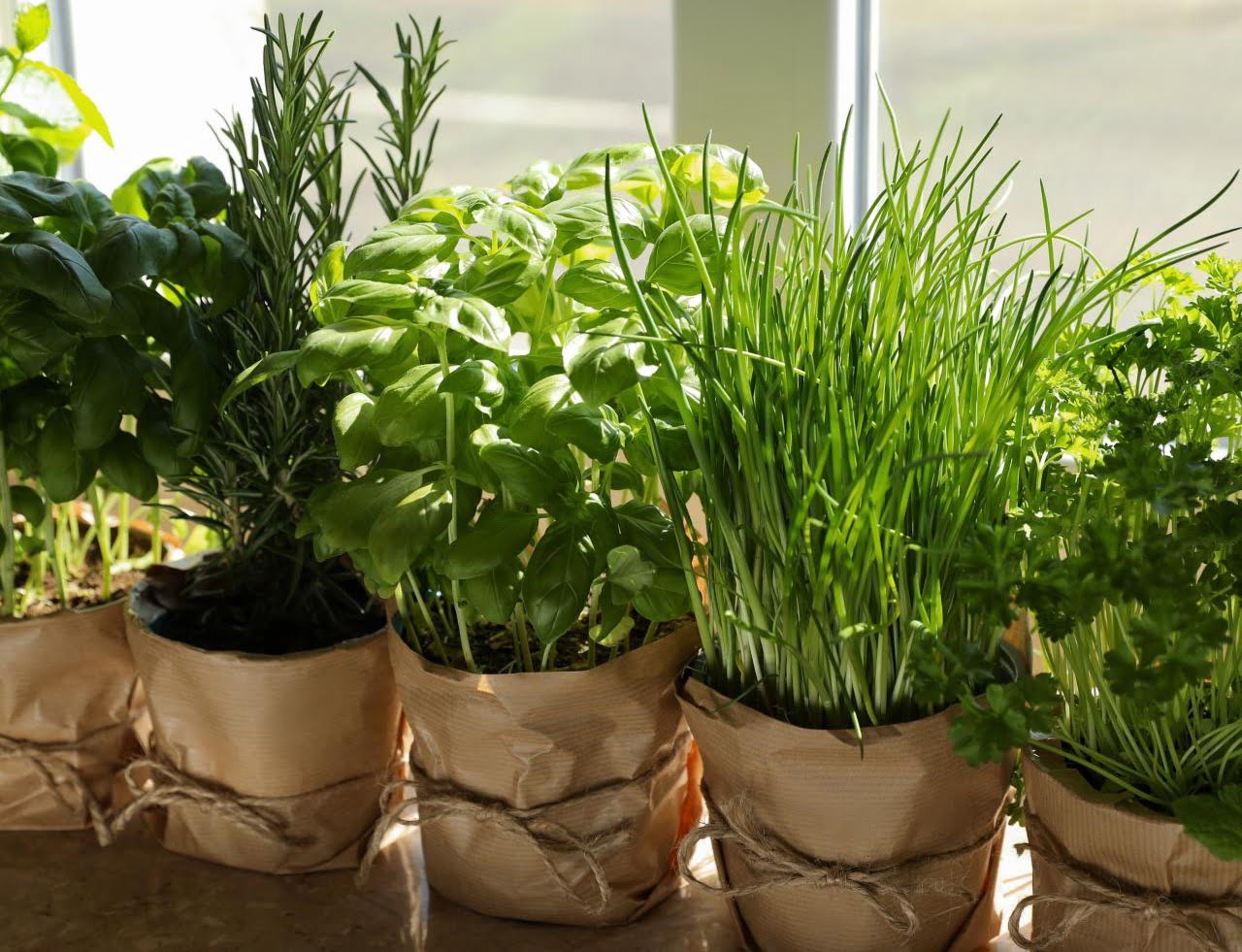
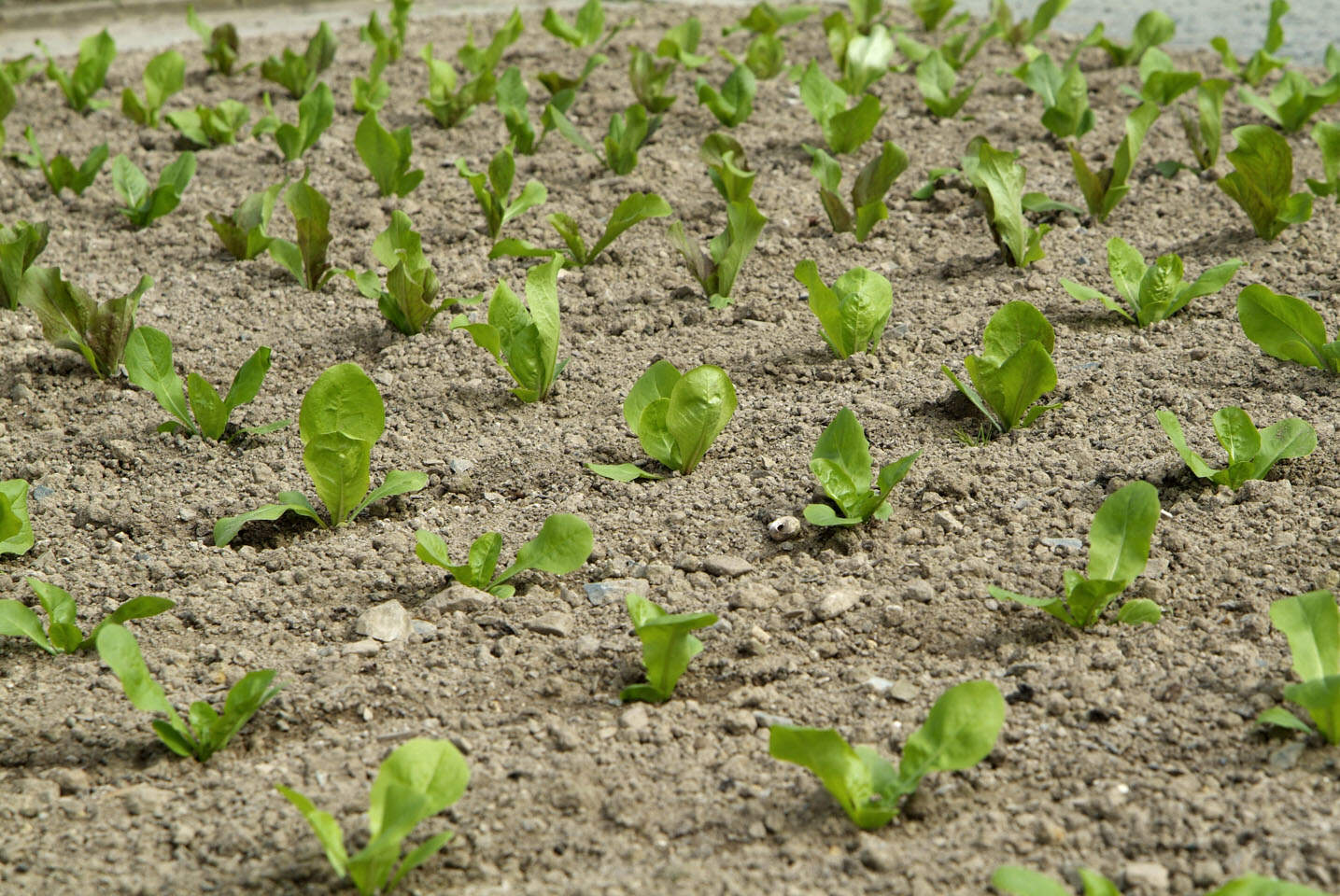
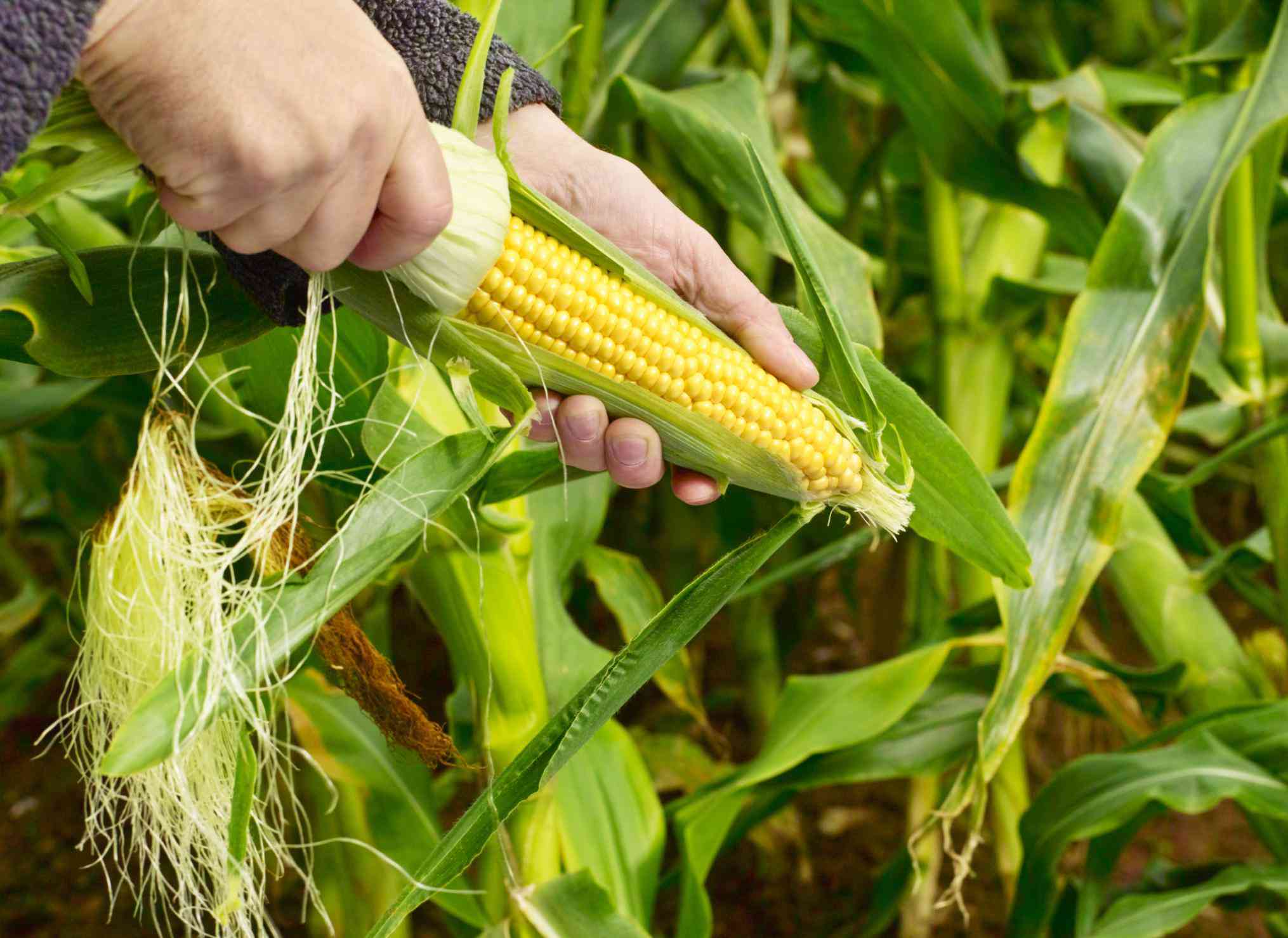
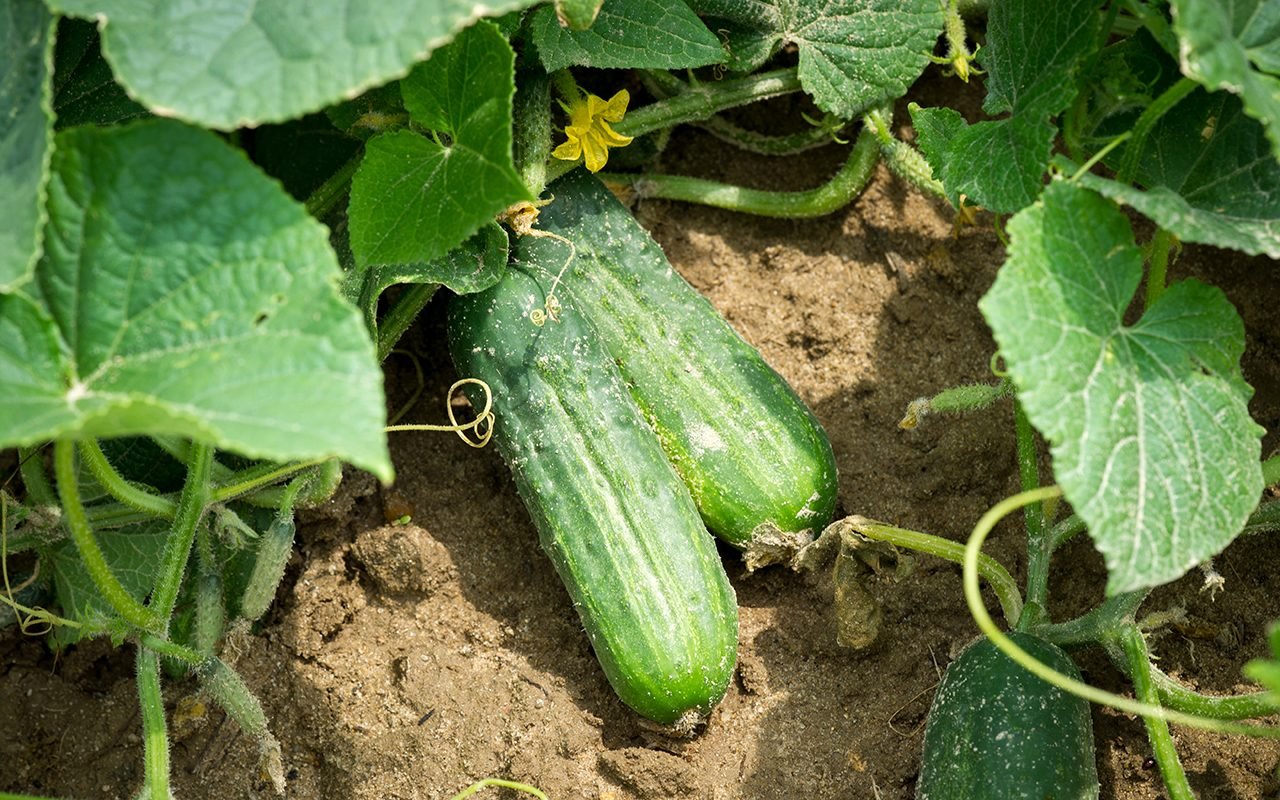
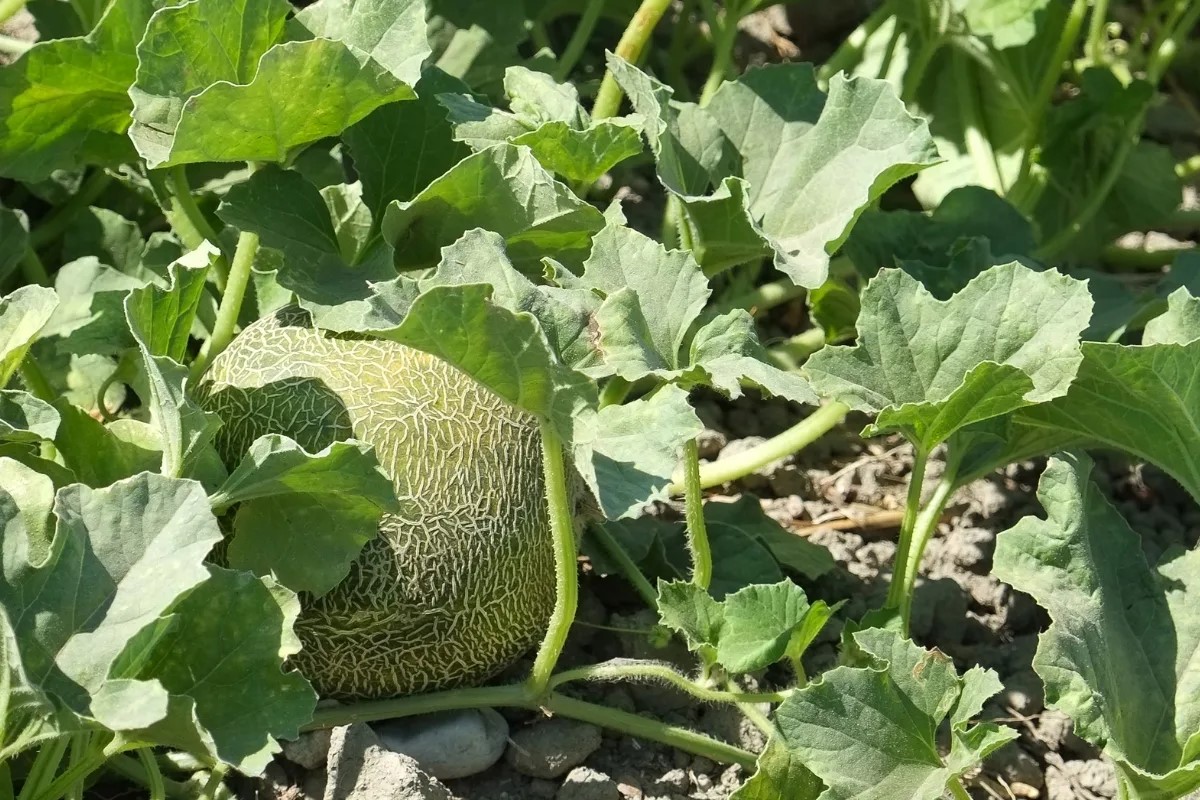

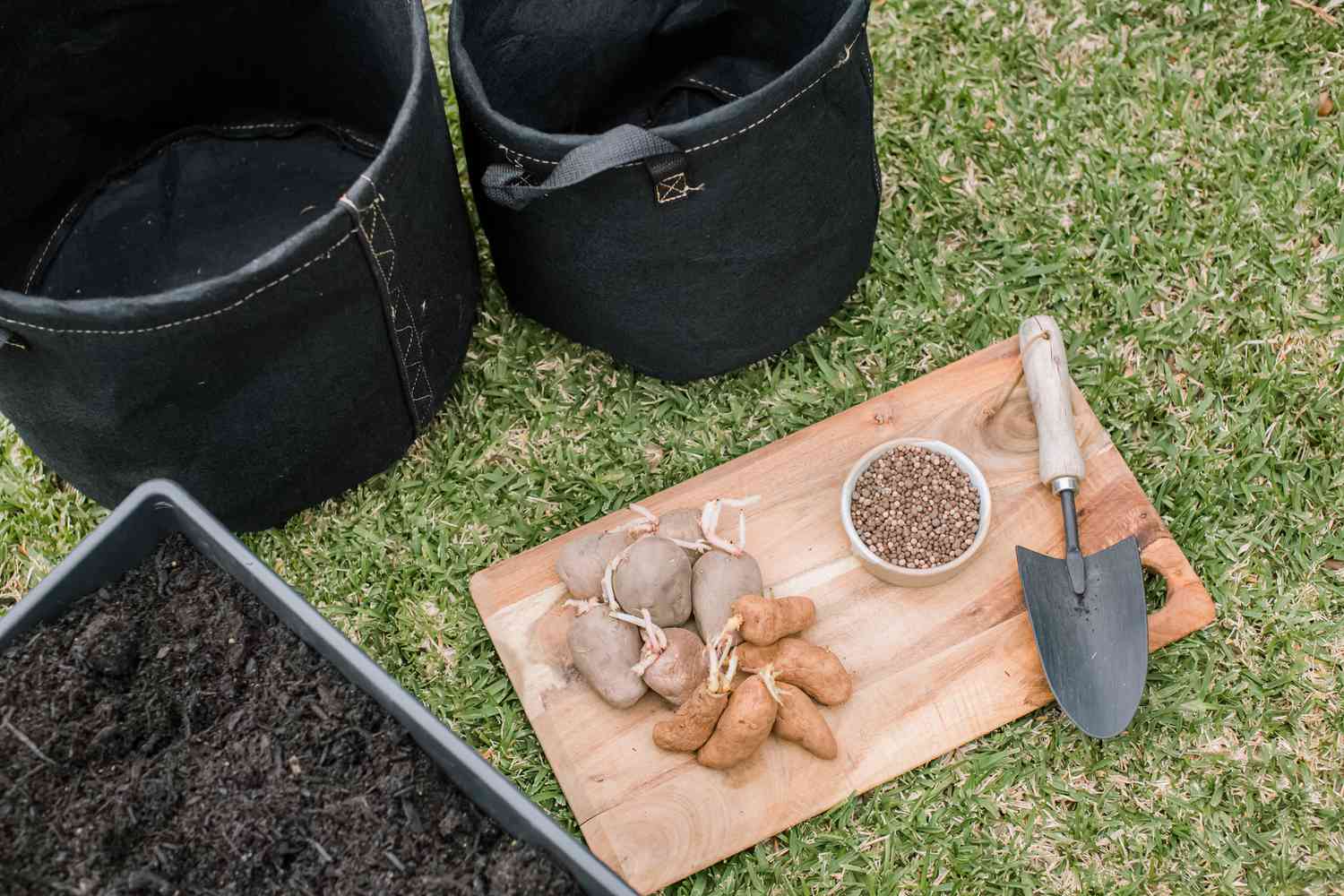
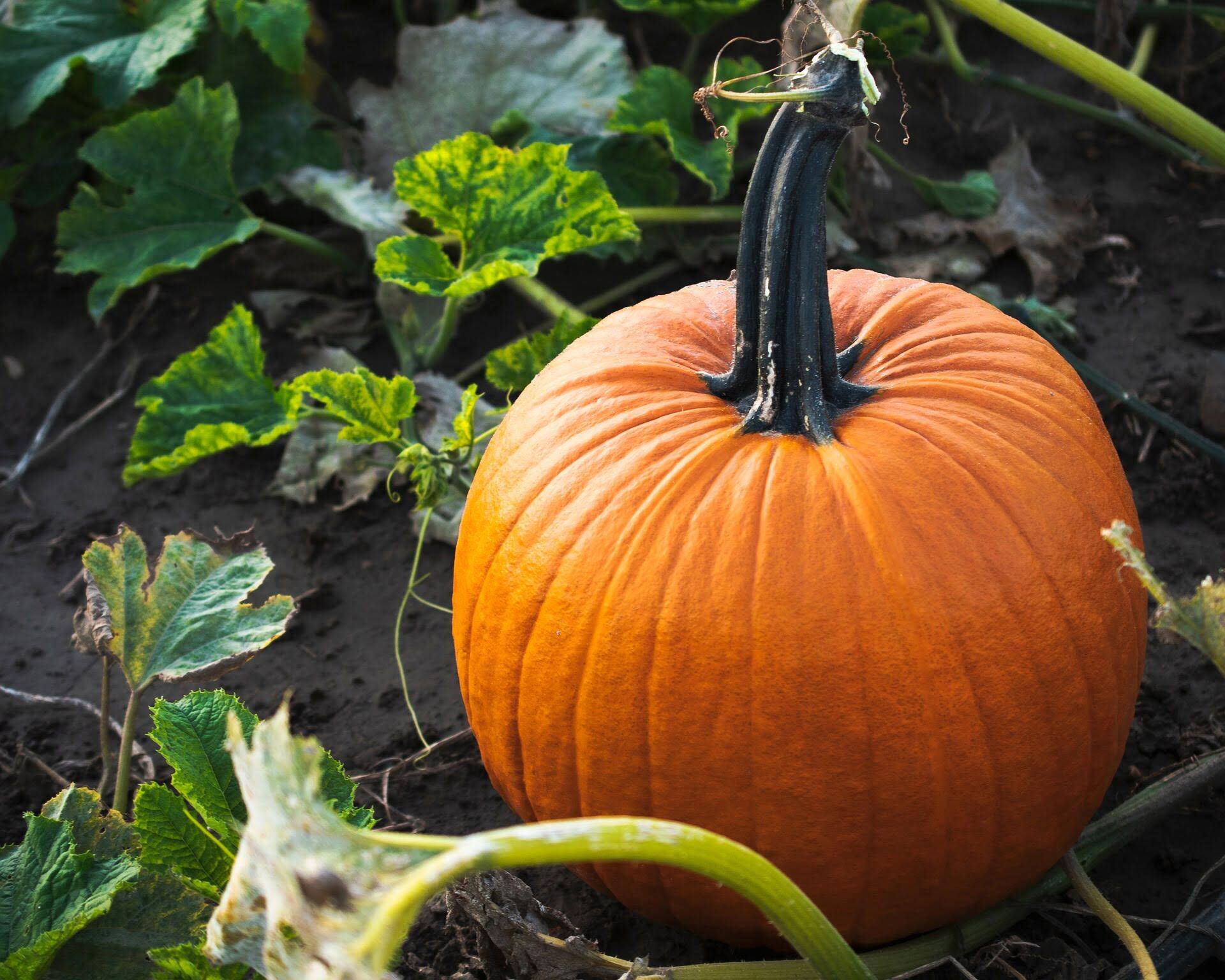
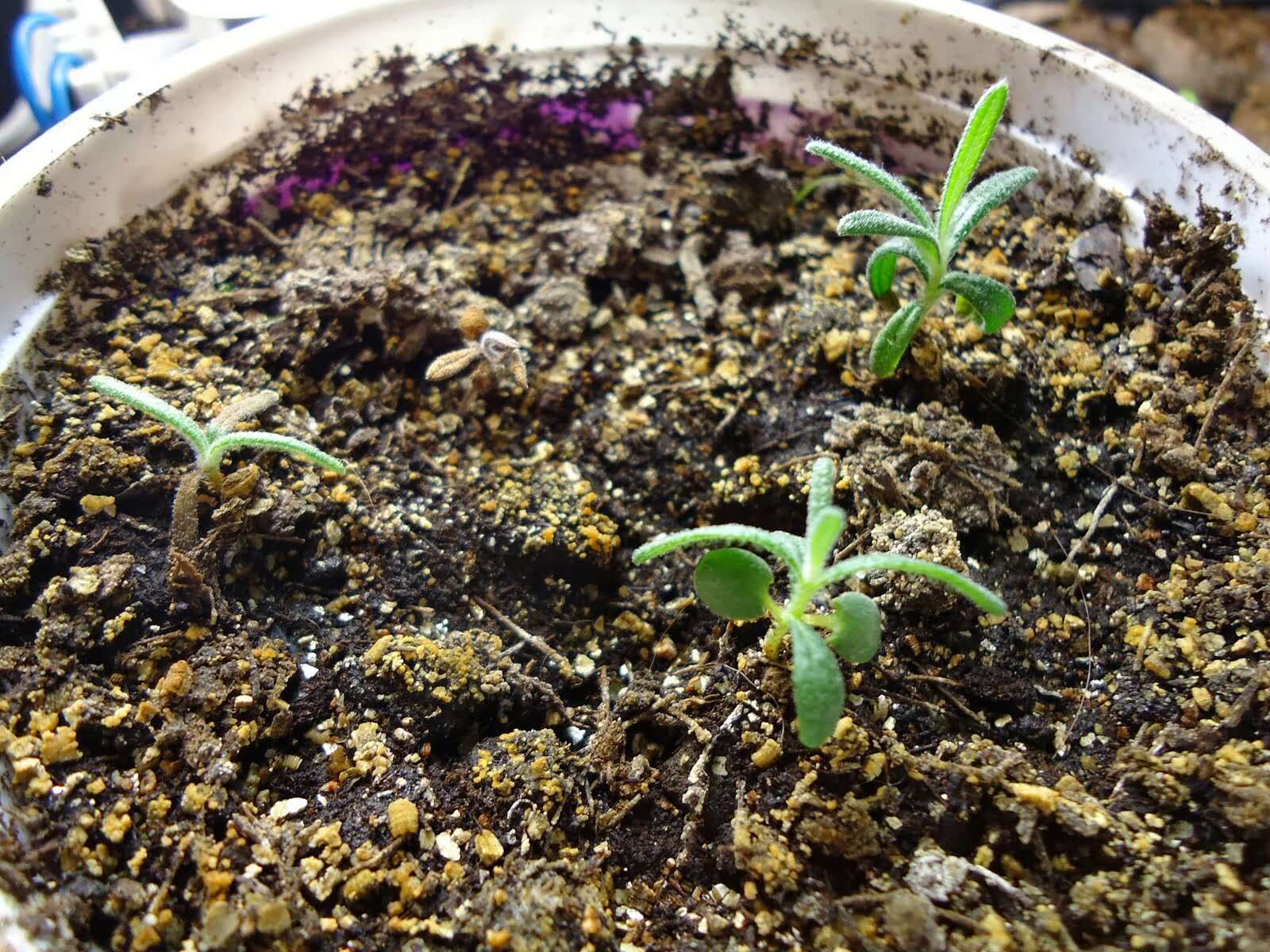
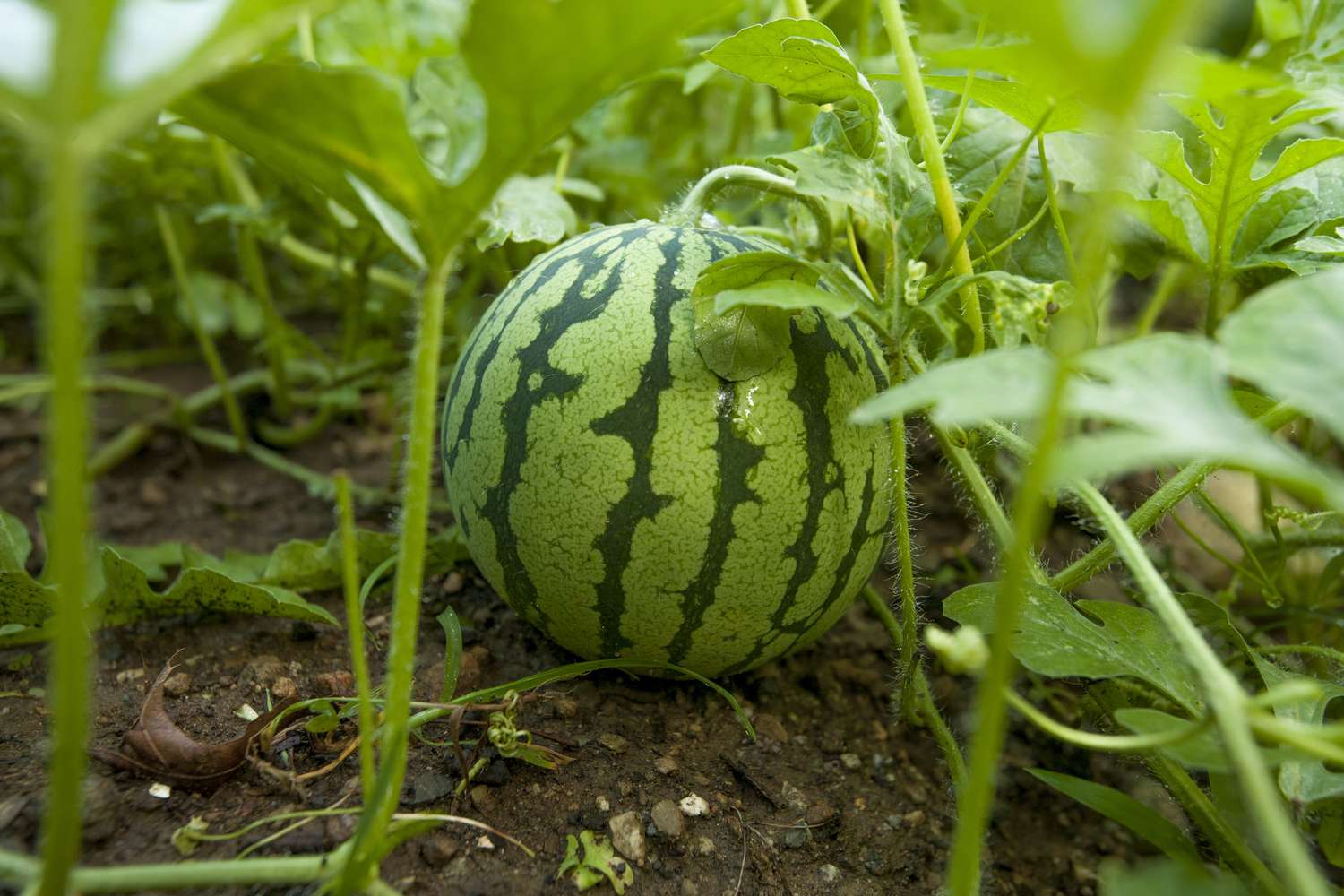
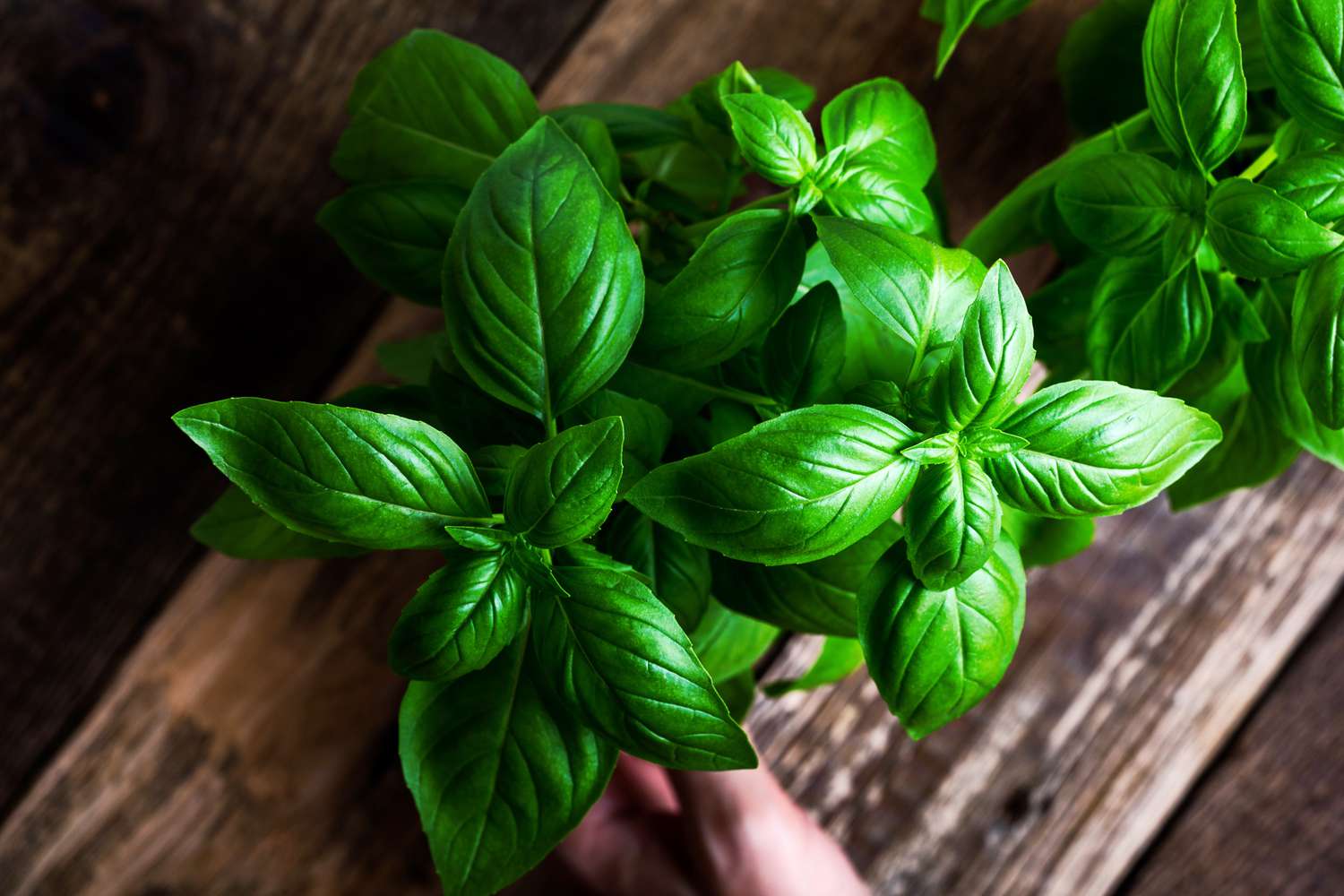
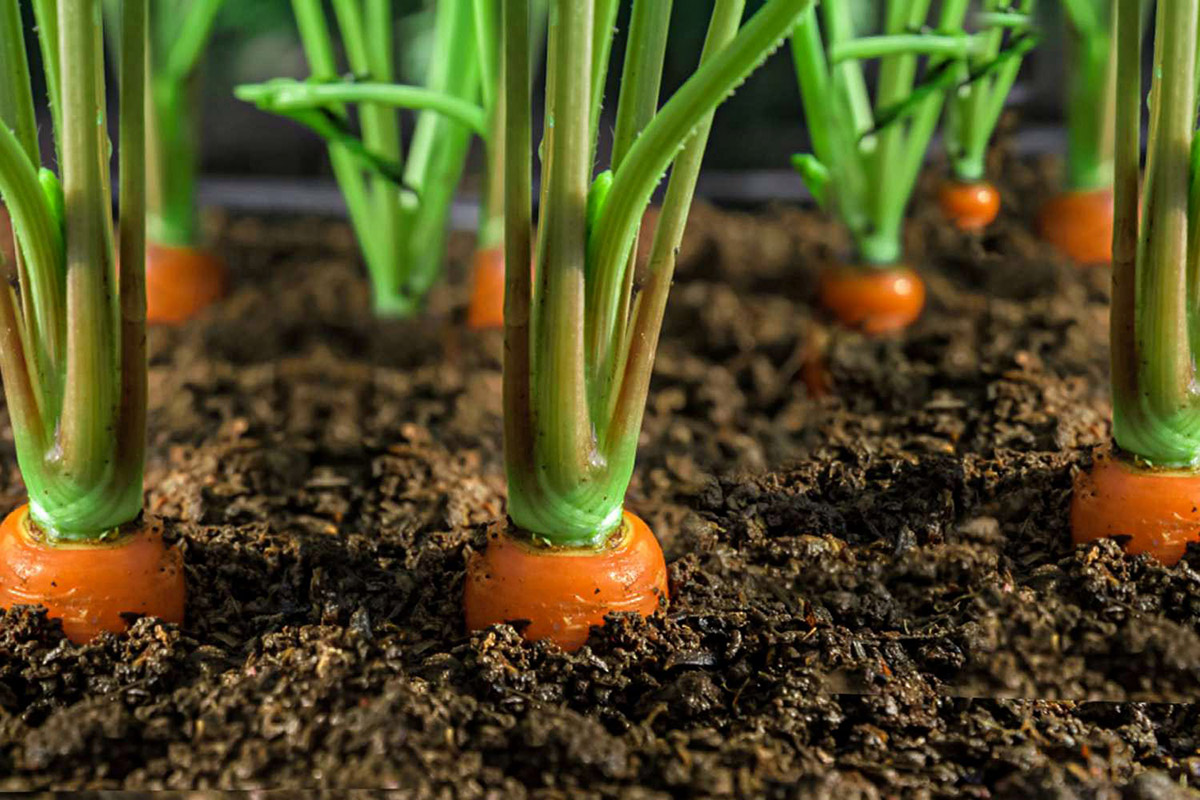

0 thoughts on “How Long For Carrots To Grow From Seed”